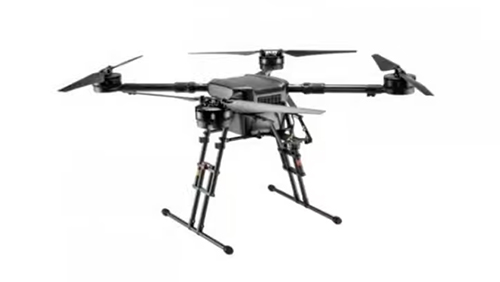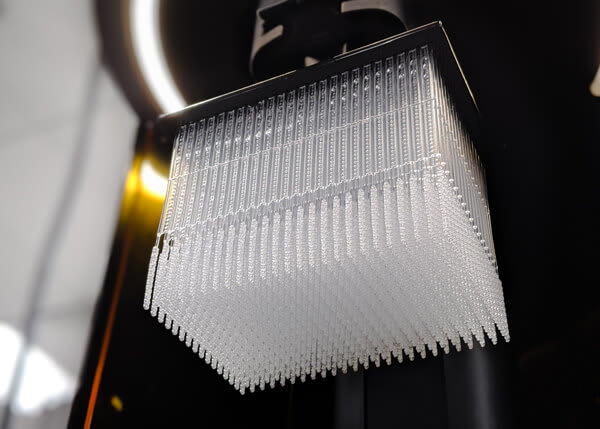Opportunities for Sustainable Practices in Additive Manufacturing
On demand (Originally aired on July 20, 2022)
Stereolithography is a common industrial 3D printing process used to create concept models, cosmetic prototypes, and complex parts. However, many of the parts resulting from this process frequently require heavy cleaning using a solvent solution. The solution eventually needs to be disposed of as hazardous waste and is either incinerated or goes off to be buried in a landfill, at a large expense to the company.
In this session, Jason Rolland discusses the latest renewable, bio-based raw materials and technologies that can help eliminate large amounts of hazardous waste that manufacturers would typically need to go through during the production process. Additionally, Jason describes the benefits of using plant-derived systems instead of petroleum in developing 3D printing materials, helping to save both the environment and money. He explains how a reduction of carbon emissions in resin production compares to petroleum-derived raw materials and also highlights the materials used in manufacturing that are the foundation for a more sustainable idea-to-production process.




